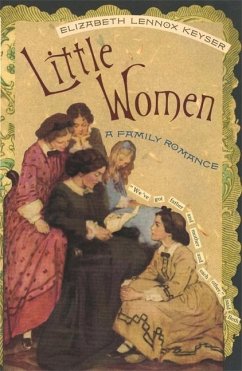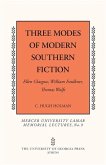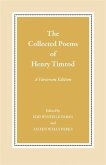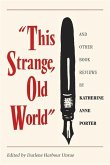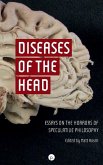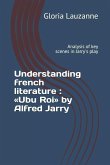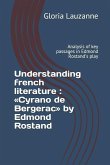It is no secret that Louisa May Alcott "rewrote" not only herself but also her mother, father, and sisters in Little Women. Yet how well do we grasp the significance of her impulse? Little Women: A Family Romance focuses on Alcott's personal and creative motivations in fashioning an idealized family in her novel and gives us new ways to view both the fictional Marches and the real-world Alcotts. Drawing on Freud's essay "Family Romances" and his related work on children's daydreams and fantasies, Elizabeth Lennox Keyser reads Little Women in terms of the burgeoning hostility and longing, eroticism and ambition each March child experiences as she matures and begins to look beyond her parents for a new primary love. Keyser also reads Little Women in the context of the torrid, sensational stories aimed at lower-class readers (which Alcott also wrote) that we commonly equate with the term "romance", as well as the sophisticated psychological romantic ideals associated with the novels of Nathaniel Hawthorne (whom Alcott knew and read). Readers have long regarded Little Women as Jo March's story. The insights offered here nudge us toward viewing the novel as the story of the entire March family, a more satisfyingly inclusive view for, as Keyser writes, "the relationships among the March sisters and their mother are more compelling than the development of any one character, not excluding Jo".
Hinweis: Dieser Artikel kann nur an eine deutsche Lieferadresse ausgeliefert werden.
Hinweis: Dieser Artikel kann nur an eine deutsche Lieferadresse ausgeliefert werden.

